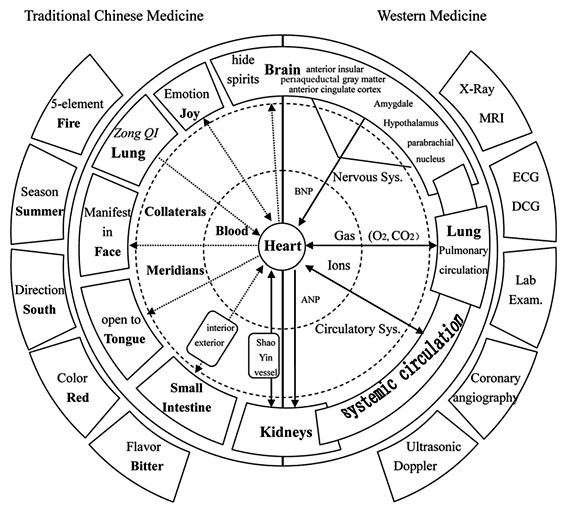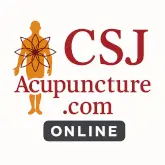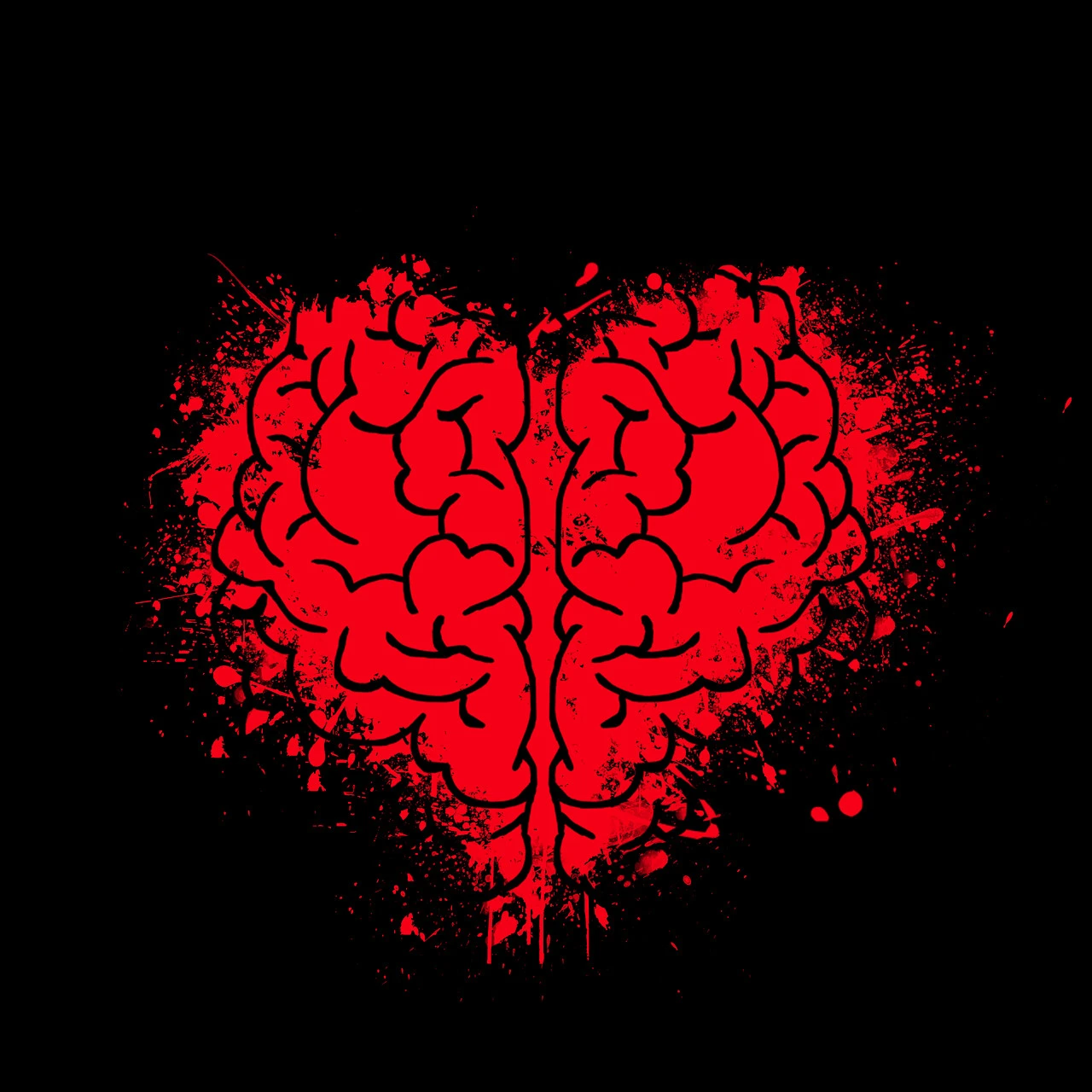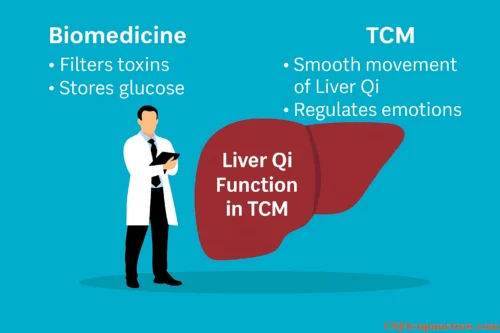This post may contain affiliate links and ads in which we may earn a small percentage of purchases.
Table of Contents
From a Traditional Chinese Medicine (TCM) perspective, the heart’s role is quite similar to how we view heart function in biomedical terms, and in this article we will explain function and focus on the similarities. When we talk about the heart in TCM, we’re looking at not necessarily the anatomical physical location — but rather on its energetic and physiological role in the body. Historically, TCM has been more focused on understanding their functions within the body’s overall energy system. This doesn’t make it any less valid; rather, it highlights the different lens through which TCM views the body.
Not to Deny, but better understand
In today’s world, rooted in physics, chemistry, and biology, the study of anatomy and physiology is undeniable. When you observe how things work at the base level, it’s clear that biomedical knowledge is essential, especially in a multidisciplinary clinical setting. Throughout my experience working alongside various types of healthcare providers, I’ve found that understanding the anatomy and physiology deeply only strengthens my practice. It allows me to tie the information from biomedicine into TCM, extracting the best of both systems and utilizing them effectively. This gives us a more comprehensive approach to understanding the heart’s function. With logic and reasoning leading the way.
Heart Functions in Traditional Chinese Medicine
In TCM, the heart is viewed in broader, physiological terms. It is “considered the “ruler” of the blood, ensuring smooth and even blood flow throughout the body”1. The heart has multiple functions, and one of its key roles is nourishing the body through its connection to blood. Even from a TCM perspective, the heart’s energy isn’t singular—it is expressed in different forms.
The heart is responsible for governing the movement of blood throughout the body2. This is where the concept of Heart Qi comes into play, as it is the heart’s energy that pushes the blood and helps maintain proper circulation. It is also responsible for “house the mind”3, which demonstrates the idea of heart and brain interdependence and interrelation.
A stainless-steel acupuncture pen and gua sha set for massage, reflexology, and tension relief.
 View Product
View Product
However, in TCM, the heart is not seen as a singular entity. Its energy is manifested in different forms.

In Traditional Chinese Medicine (TCM), the heart is considered more than just a physical organ—it represents a dynamic system of energetic functions. These functions are divided into different forms of energy known as Heart Qi, Heart Blood, Heart Yin, and Heart Yang, each playing a crucial role in maintaining balance within the body. There are other conditions and manifestations for the heart energy and function according to TCM theory, but we will just focus on those four at the moment.
Heart Qi: The Driver of Blood Circulation
Heart Qi is responsible for moving the blood throughout the body. In TCM, the heart is said to “house” the mind and govern the circulation of blood. When Heart Qi is strong, blood flows smoothly and provides adequate nourishment to all parts of the body. On the other hand, if Heart Qi is deficient, the circulation becomes sluggish, leading to issues like fatigue, weakness, and poor circulation.
Heart Blood: Nourishment for Body and Mind
Heart Blood plays an important role in nourishing both the body and the mind. It is essential for mental clarity, emotional balance, and physical vitality. When Heart Blood is sufficient, the body feels well-nourished, and the mind is calm and focused. However, if Heart Blood is low—what TCM refers to as Blood Deficiency—symptoms such as forgetfulness, insomnia, and even hair loss (alopecia) can occur.
Alopecia and Blood Deficiency
While hair loss might not directly be linked to heart problems, TCM practitioners often associate alopecia with Blood Deficiency. In this context, Blood Deficiency doesn’t mean anemia in the biomedical sense, but rather a lack of sufficient nourishment or circulation to certain areas of the body. This deficiency manifests in various symptoms, with hair loss being one of them (and also differenting hair loss from aging as opposed to excessive hair loss in a person.
Understanding Blood Deficiency in TCM
In TCM, the concept of Blood Deficiency is broader than the modern medical understanding. It represents a decrease in the heart’s ability to nourish the body, leading to diminished vitality, emotional imbalances, and physical symptoms like alopecia. Addressing Blood Deficiency often involves strengthening the heart’s function, improving blood circulation, and enhancing overall nourishment.
When you look at the heart from a TCM perspective and begin to understand how these different types of energies work—what happens when they aren’t functioning properly and the symptoms that arise—it all starts to make much more sense. You get a clearer picture of the broader scheme of things.
When we look at the heart TCM function, we see its functions extend beyond just nourishing and moving the blood. The heart is also responsible for nourishing the mind. In TCM, it’s said that the mind returns to the heart at night because Yin represents rest and Yang represents activity. During the day, when we are active, the blood is directed to the muscles and other areas of the body to support movement and function. If there is imbalance, then disease or injury may occur.
Patients are advised not to eat before exercising. The body requires blood to be available for the muscles during physical activity, and eating beforehand diverts blood to the digestive system, limiting the body’s capacity to support the muscles during a workout. However, after exercise, it’s important to eat, as the body needs the resources and blood flow directed back to the digestive system to recover and properly process the nutrients from food. It’s through logic and reasoning we can find a balance and understand how different systems operate.
Understanding Biomedicine and TCM Benefits All
Understanding both systems—biomedicine and TCM—helps clarify how the body manages its resources. The concept of blood flow to the muscles during activity and to the digestive system afterward is a biomedical idea based on anatomy and physiology. TCM provides its own lens on how the body’s energy is distributed, and when we combine both perspectives, we can create tailored solutions for individual patients.
By understanding these different systems, we can develop more effective treatments and approaches over time. With continued research and a deeper grasp of how these concepts overlap, we can better support patients in their health journeys.
The Balance of Qi, Blood, Yin, and Yang
Now, when we examine heart blood, heart Qi, heart Yin, and heart Yang, what do they represent? Heart Yin refers to the restful, nurturing aspect of the heart, while heart Yang represents its active, energetic function. Yin is related to rest and recovery, while Yang is about movement and activity, much like how the body switches between states like alpha and beta waves or systolic and diastolic phases. However, these TCM concepts do not have exact biomedical equivalents—TCM focuses on general principles that are applied holistically.
Heart Yang deficiency is often more severe than heart Qi deficiency and tends to occur in elderly patients or those with serious conditions like atrial fibrillation or congestive heart failure. This highlights the deeper decline in heart function that Yang deficiency represents, as opposed to the more general energy stagnation seen in Qi deficiencies.
This understanding of TCM allows practitioners to diagnose and treat based on patterns and symptoms. For instance, heart function manifests in the pulse, face, lips, and the temperature of the hands and feet. Observing these areas helps in assessing the health of the heart and tailoring treatment accordingly.
Through the lens of TCM the heart serves as more than just a physical organ; it is the center of both physiological and energetic functions that maintain harmony in the body. The heart governs the movement of blood, nourishes the mind, and connects deeply with one’s emotional and physical well-being.
By understanding the heart through its various aspects—heart Qi, heart blood, heart Yin, and heart Yang—we gain insight into how imbalances manifest in conditions ranging from insomnia to more severe cardiovascular issues. The holistic view provided by TCM encourages a balance between these energies, recognizing the heart’s vital role in maintaining both physical health and mental clarity. Through this perspective, we see the intricate web of connections within the body and the importance of nourishing the heart for overall well-being.
- Wang S, Fang R, Huang L, Zhou L, Liu H, Cai M, Sha’aban A, Yu C, Akkaif MA. Acupuncture in Traditional Chinese Medicine: A Complementary Approach for Cardiovascular Health. J Multidiscip Healthc. 2024;17:3459-3473
https://doi.org/10.2147/JMDH.S476319 ↩︎ - Maciocia G. The Foundations of Chinese Medicine: A Comprehensive Text for Acupuncturists and Herbalists. 3rd ed. Elsevier; 2015:107. ↩︎
- “” ↩︎
- Bin Liu; Integrative Views of the Heart in Chinese and Western Medicine. Integrative Medicine International 19 October 2017; 4 (1-2): 46–51. https://doi.org/10.1159/000466695 ↩︎
Medical Disclaimer: This article is for informational and educational purposes only and is not a substitute for professional medical advice, diagnosis, or treatment. Always consult a qualified healthcare provider with any questions about a medical condition or treatment.




